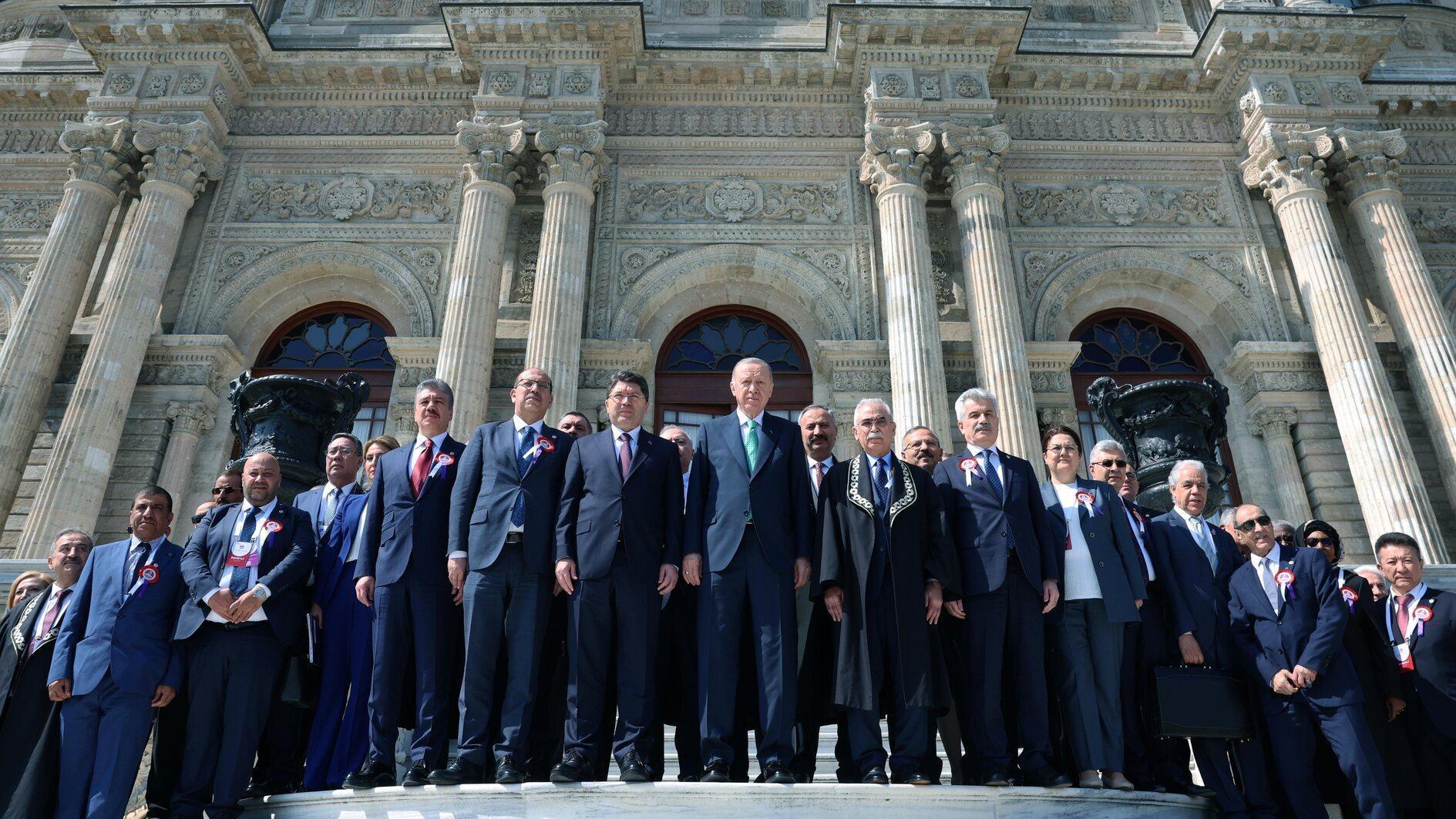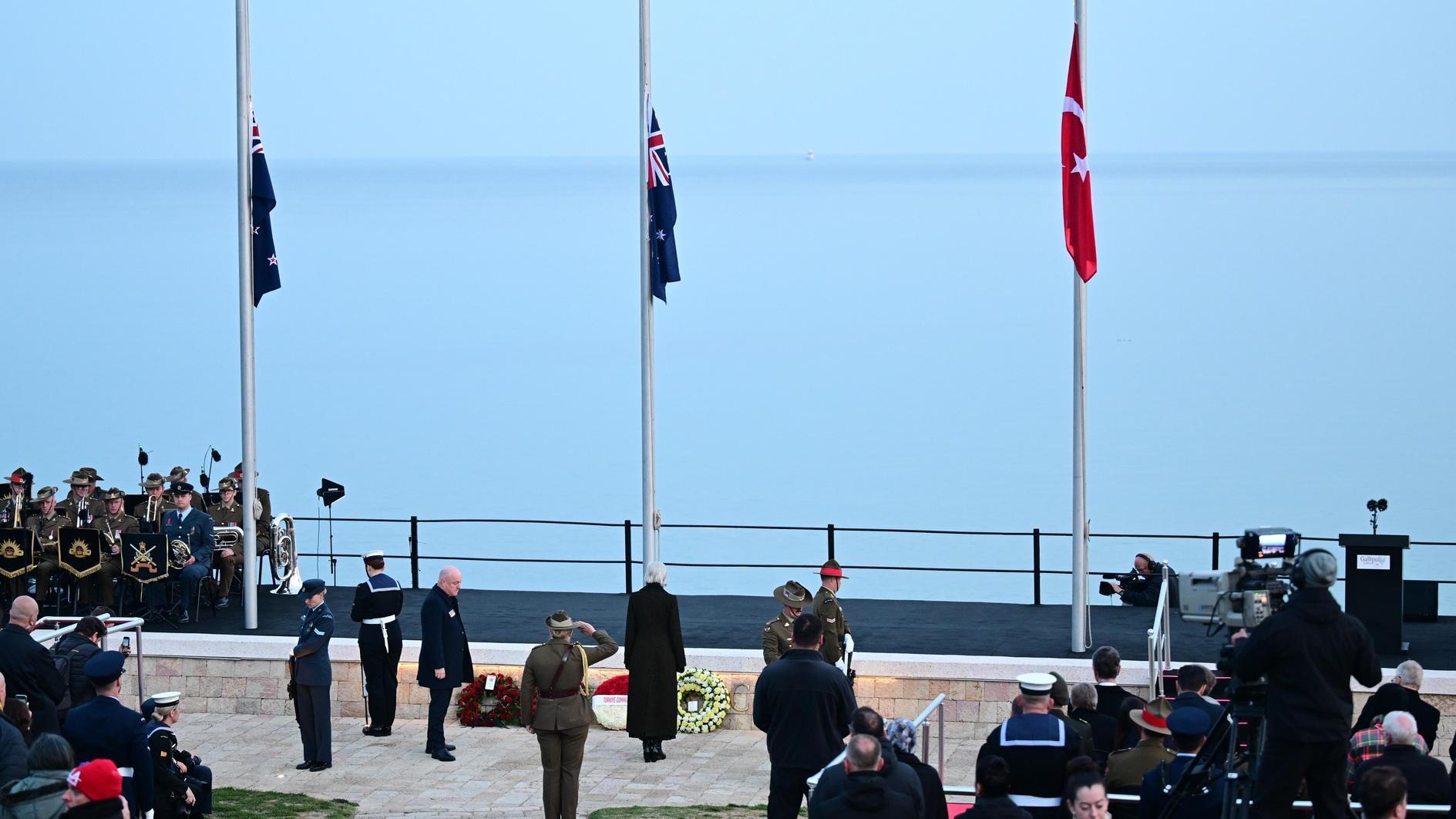Second Kurdish opening
The re-initiation of the İmralı talks is, in fact, putting the political parties of the new Turkey through a very realistic test, albeit unintentionally. In the first round of the resolution process in 2009, the political actors, other than the Justice and Development Party (AK Party), had not even considered taking part in such a trial. It’s beneficial to articulate these actors: the Republican People’s Party (CHP), the Nationalist Movement Party (MHP), the Peace and Democracy Party (BDP), but most importantly, the outlawed Kurdistan Workers’ Party (PKK) and its leader, Abdullah Öcalan. Political actors, who could not do more than reinforce their current political stance with different discourses or seemingly different political strategies during the first round of talks in 2009, are facing a similar dilemma today.
In the first round, CHP, under Deniz Baykal’s leadership and its harshest Kemalist rhetoric, expended all its efforts on preventing the AK Party from taking a step forward. The party squandered the opportunity offered on a silver platter to transform itself over the Kurdish issue. The MHP casually dismissed the opportunity to normalize Turkishness. The BDP itself destroyed the possibility of becoming a political actor by trapping itself between the PKK and a resolution. Finally, the PKK, with its cliché provocation strategies, played a role similar role to the one military tutelage had played for years in the resolution of the Kurdish issue. Öcalan, on the other hand, was transformed into a meaningless symbol during the process despite his inability to answer the question “who is the new power in Turkey” coupled with his lack of courage to make determinative decisions.
The reason these actors, with their different motivations, had joined forces against the first round of resolution talks was their inability to solve the power equation in the new Turkey. Their confusion had two political consequences: first, these actors failed to make new politics, thus remaining in the comfortable lull of the status quo. The second consequence was the deepening of a political synchronization crisis in the new Turkey.
The CHP and MHP have entered the second round of resolution talks having undergone a leadership change resulting from apolitical interventions. Although the BDP has maintained its meaningless stance from the first resolution process during the drafting of the Constitution and although it has continued to use a PKK-centered language, it has managed to undergo a partial transformation, in form even if not in content, by including in its ranks some names from outside the PKK world.
The PKK, having completely misinterpreted the 2010 “Arab revolutions,” failed to benefit from the momentum of change in the region. It was to go beyond its role as one of the last guardians of the status quo. The PKK, which only shed blood because it could and which was trapped in the Baathist parenthesis in the last few years, was not able to achieve anything other than causing the death of thousands of people. Öcalan, who, on the other hand, was unable to update his frame of reference based on the “old Turkey actors” from his prison cell and was unable to interpret the “new Turkey” and the “new PKK.” Instead of facing this situation, Öcalan attempted to cover up his incompetence by refusing to voice his “final comments” regarding the Kurdish issue.
We will continue to talk about the second Kurdish opening in the coming article.










